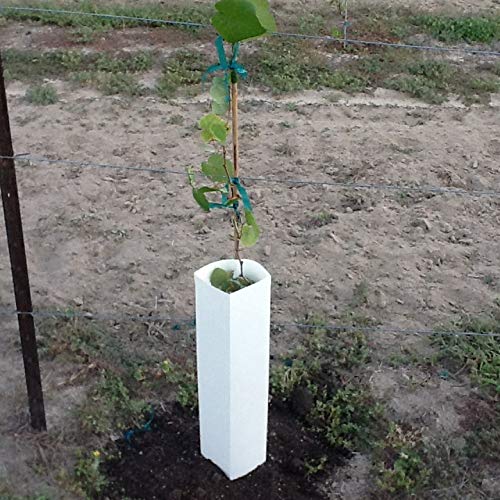I made a 2 gallon batch of wine from cherries grown in a friend's backyard. I froze the cherries for 2 months before using. The recipe I followed never called for K_Meta or Campden tablets or K-Sorbate. I used a Montrachet yeast.
Where I went wrong I think is that it was a dry wine recipe but I wasn't liking the final flavour after it fermented dry. It was much too tart, so I back sweetened slightly.
Well 2 months after bottling I noticed some dark stains on the floor below my wine racks. The wine had begun to seep and bleed through the composite corks (see attached pic). I've never had this happen before after making at least a dozen batches of wine from scratch already!
When I uncorked one bottle, it popped slightly and fizzed but tasted quite good. I have since put the rest of the "bleeding" bottles in a refrigerator to be safe.
My question is should I be using Campden/K-Meta and K-Sorbate for every single batch of wine I make no matter what it's made from?

Where I went wrong I think is that it was a dry wine recipe but I wasn't liking the final flavour after it fermented dry. It was much too tart, so I back sweetened slightly.
Well 2 months after bottling I noticed some dark stains on the floor below my wine racks. The wine had begun to seep and bleed through the composite corks (see attached pic). I've never had this happen before after making at least a dozen batches of wine from scratch already!
When I uncorked one bottle, it popped slightly and fizzed but tasted quite good. I have since put the rest of the "bleeding" bottles in a refrigerator to be safe.
My question is should I be using Campden/K-Meta and K-Sorbate for every single batch of wine I make no matter what it's made from?

Last edited:





















































